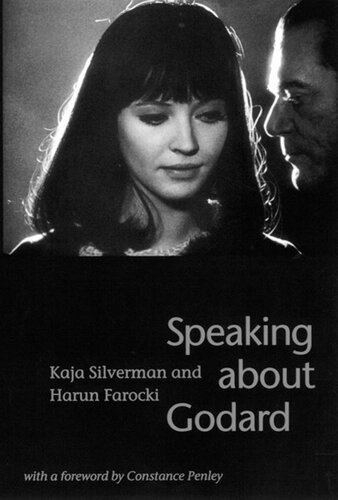

Most ebook files are in PDF format, so you can easily read them using various software such as Foxit Reader or directly on the Google Chrome browser.
Some ebook files are released by publishers in other formats such as .awz, .mobi, .epub, .fb2, etc. You may need to install specific software to read these formats on mobile/PC, such as Calibre.
Please read the tutorial at this link: https://ebookbell.com/faq
We offer FREE conversion to the popular formats you request; however, this may take some time. Therefore, right after payment, please email us, and we will try to provide the service as quickly as possible.
For some exceptional file formats or broken links (if any), please refrain from opening any disputes. Instead, email us first, and we will try to assist within a maximum of 6 hours.
EbookBell Team

4.7
46 reviewsProbably the most prominent living filmmaker, and one of the foremost directors of the postwar era, Jean Luc-Godard has received astonishingly little critical attention in the United States. With Speaking about Godard, leading film theorist Kaja Silverman and filmmaker Harun Farocki have made one of the most significant contributions to film studies in recent memory: a lively set of conversations about Godard and his major films, from Contempt to Passion.
Combining the insights of a feminist film theorist with those of an avant-garde filmmaker, these eight dialogues–each representing a different period of Godard's film production, and together spanning his entire career–get at the very heart of his formal and theoretical innovations, teasing out, with probity and grace, the ways in which image and text inform one another throughout Godard's oeuvre. Indeed, the dialogic format here serves as the perfect means of capturing the rhythm of Godard's ongoing conversation with his own medium, in addition to shedding light on how a critic and a director of films respectively interpret his work.
As it takes us through Godard's films in real time, Speaking about Godard conveys the sense that we are at the movies with Silverman and Farocki, and that we, as both student and participant, are the ultimate beneficiaries of the performance of this critique. Accessible, informative, witty, and, most of all, entertaining, the conversations assembled here form a testament to the continuing power of Godard's work to spark intense debate, and reinvigorate the study of one of the great artists of our time.